What is the effect of patient specific virtual reality rehearsal on cortical mastoidectomy performance?
ABSTRACT NUMBER: NESS PRIZE FOR JUNIOR TRAINEES (BELOW ST3)_2
MAIN ABSTRACT TEXT
Introduction
Surgical rehearsal – patient specific preoperative surgical practice – can be provided by virtual reality (VR) simulation and offers a novel way of increasing the operative volume of surgical trainees. This study investigated the effect of surgical rehearsal on cortical mastoidectomy performance and procedure duration in a novice cohort.
Methods
University students (n=40) were recruited and randomised evenly into a rehearsal and control group. After watching a video tutorial on cortical mastoidectomy, participants completed the procedure on a VR simulator as a pre-test. Participants completed a further 8 cortical mastoidectomies on the VR simulator as training before drilling two 3D printed temporal bones. The rehearsal group received 3D printed bones they had previously operated on in VR, whilst the control group received two new bones. Cortical mastoidectomy was assessed using the newly developed Melbourne Mastoidectomy Scale by three blinded graders.
Results
There was high interrater reliability between the three graders (Intraclass Correlation Coefficient, r=0.8533, p<0.0001). There was no difference in the mean surgical performance on the two 3D printed bones between the control and rehearsal group (p=0.2791). There was no significant difference in the mean procedure duration between the control and rehearsal group for both 3D printed bones (p=0.8709). However, there was a significant decrease in procedure duration between the first and second 3D printed bones (p<0.0001).
Conclusion
In this study, preoperative VR patient-specific rehearsal provided no additional advantage to cortical mastoidectomy performance compared to generic practice on a VR simulator.
